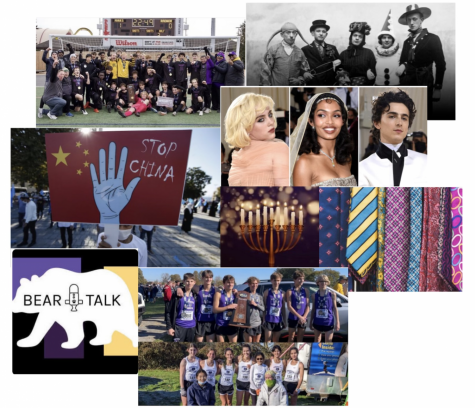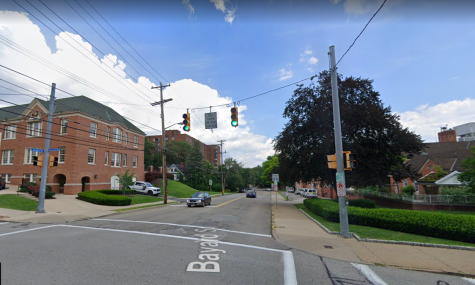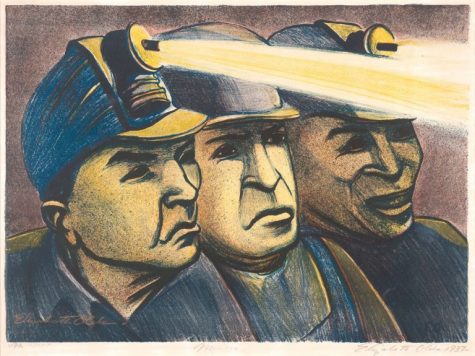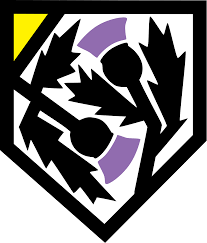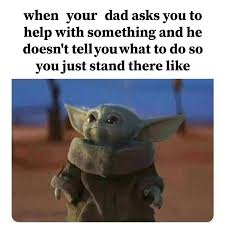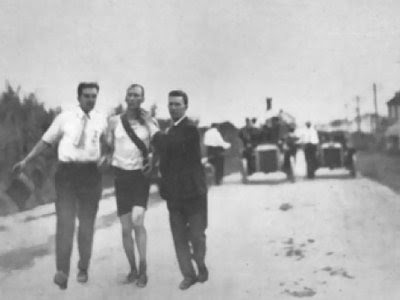Rodney Glasgow: Creating Spaces Where Voices are Heard

Rodney Glasgow is a noted speaker and activist in the areas of diversity, equity, and social justice. He helped found the Student Diversity Leadership Conference. Hometown: Baltimore, MD Education: Harvard. Columbia. Present Job: President, Glasgow Group. Head, Middle School, St. Andrew’s Episcopal School, Potomac, MD.
What inspired you to devote so much time to promoting social justice, diversity, and equity?
I grew up as a black kid with limited financial means, but I attended a predominately white and wealthy independent school in the 1990’s. I lived the issues of diversity, equity, and social justice every day. I remember loving my school, yet feeling both at home there and like a visitor at the same time. When I became a teenager, I awoke to the fact that I rarely saw people like me in the history books or read about them in the English curriculum. I started speaking out about this on campus, amid big national events like the O.J. Simpson trial and the controversial Rodney King verdict, both of which rocked the racial foundations of the country. At the same time, NAIS was looking to build a student leadership conference that would later become SDLC, and a teacher of mine pushed me forward to be one of the founding voices despite my shyness. Being at that conference and doing that work, I felt like I was giving my life over to a divine purpose. I knew that this was what I was called to do, and I’ve been doing it ever since. My ultimate goal was to help minority kids achieve a sense of belonging in their school and country, the kind that I wanted for myself as a kid.
What were your original goals in founding the Student Diversity Leadership Conference? Have those goals changed in any way?
In founding SDLC, we wanted to create a space where the voices of marginal students could be heard, a place where “minority” students would feel what it’s like to be the majority and feel fortified and affirmed. As the saying goes, we wanted to create the change we wished to see in the world. In that way, we sought to build Martin Luther King’s “beloved community” of kindness and respect for all other human beings right there in the convention center! The times have changed since that first conference, and some of the issues are different, but the goal has remained the same for almost 25 years — creating a sense of home and safety for minority kids and affirming America’s diversity as a strength.
Do you think America is moving forward in its quest to live up to its democratic ideals?
America, today, is moving backwards, and quite rapidly. If we’ve taken three major strides forward since the Civil Rights movement, as change theory goes, we are now taking two steps backward. Perhaps that is to be expected when there is rapid social change. We are feeling the recoil — the last-ditch effort of the resistors to pull us back into the past before we move too far into the future for them to stop us. In that way, we Americans are not experiencing a tragic collapse of our progress toward “liberty and justice for all,” but we are in a dark part of the story – slipping back before the final ascent and resolution of conflict. I still have hope, and deep faith, that the story of America will be one of triumph over its past racial conflicts and that people from all over the country will recognize that diversity is America’s identity and destiny. I hope to see the next generation of Americans celebrating diversity as one of our greatest strengths, a time when open-heartedness will have triumphed over closed-mindedness, inclusion over exclusion, and humanity over inhumanity.
You know from experience how hard it can be to be different from the norm. Are there any advantages to being different from the norm?
Being different from the norm gives you permission to be authentic! When your racial economic, and sexual identity depart from the norm from birth, as mine did, you can challenge it from a place of experience, confidence, even comfort. Often I think that no matter what I do, some folks are going to look sideways at me. They will look “funny” at me and perceive me as different because I can’t hide my differences. So I might as well show up and shout out who I am. I feel permission to be me because I can’t be anyone else. If for a second I thought I could be “normal,” I might feel an immense pressure to try to be so. But that would clip the most beautiful feathers in my wings.
Could you talk about the necklace and ring you wear in so many of your presentations and interviews? What does the symbol of the Ankh mean to you?
I wear my ankh ring and necklace every day, everywhere I go. For me, it represents infinite spirit, shared humanity, male and female energies in balance, and the eternal circle of life. When I first came out as gay in my early 20’s, I bought myself an ankh as a symbol of that moment. I lost that first ankh, but the ones I wear now were handmade for me by an alum of the first independent school I worked for. She broke the mold after she made them. They are pure silver and one of a kind.
As an Hispanic white female who is the maternal granddaughter of Greek immigrants to the US and the paternal granddaughter of an Israeli immigrant to Venezuela, I appreciate the rich differences in culture, language, identity and religion that exist in my own family. That said, I can also appreciate the struggle that goes on in a culture that feels invaded or threatened by another culture. There are real differences between cultures and religions, but also some wonderful similarities that bind all human beings together. In your opinion, what is the source of the struggle?
To me, the source of our struggle with differences comes from our innate fear of the unknown and of conquest and the cycle of oppression. One feels safe sticking to one’s own group or tribe or nation, especially when change comes very fast, as in our own time. Also, human beings have an innate tendency to create hierarchy, and social hierarchy is tied to our self-image and self-esteem. It’s pleasant to feel superior to someone else, even when that superiority is a delusion. All that said, we can work through it, but it literally involves a change of mind, of individual minds, a gradual letting go of old habits of thinking and assumptions.
Who is the most inspiring person you have met?
I have met many inspiring people and have been blessed to do so. But the most inspiring person of all is my grandmother. She was a purely beautiful soul from cradle to grave. When she passed away a few years ago, I gave the eulogy at her funeral. I likened her to some of the Biblical saints – carrying the least of us over troubled waters, doing the most with what she was given. I’ve never known anyone more genuinely loved by everyone she met. No one had a bad word for her. That was my grandmother. I grew up at her knee in the hope of being like her.
Whom would you like to meet and why?
I would love to meet Oprah! I feel like she and I are sister spirits. We could share some corn bread in her kitchen and just talk about life and what we know to be true for sure. I feel like meeting her would be like sitting down with an old friend. She’s a woman who has been through it all and has come through it triumphantly. There’s a mix of confidence and down-home joy in her that makes me want to keep moving forward in my own journey.
Interview has been edited.

